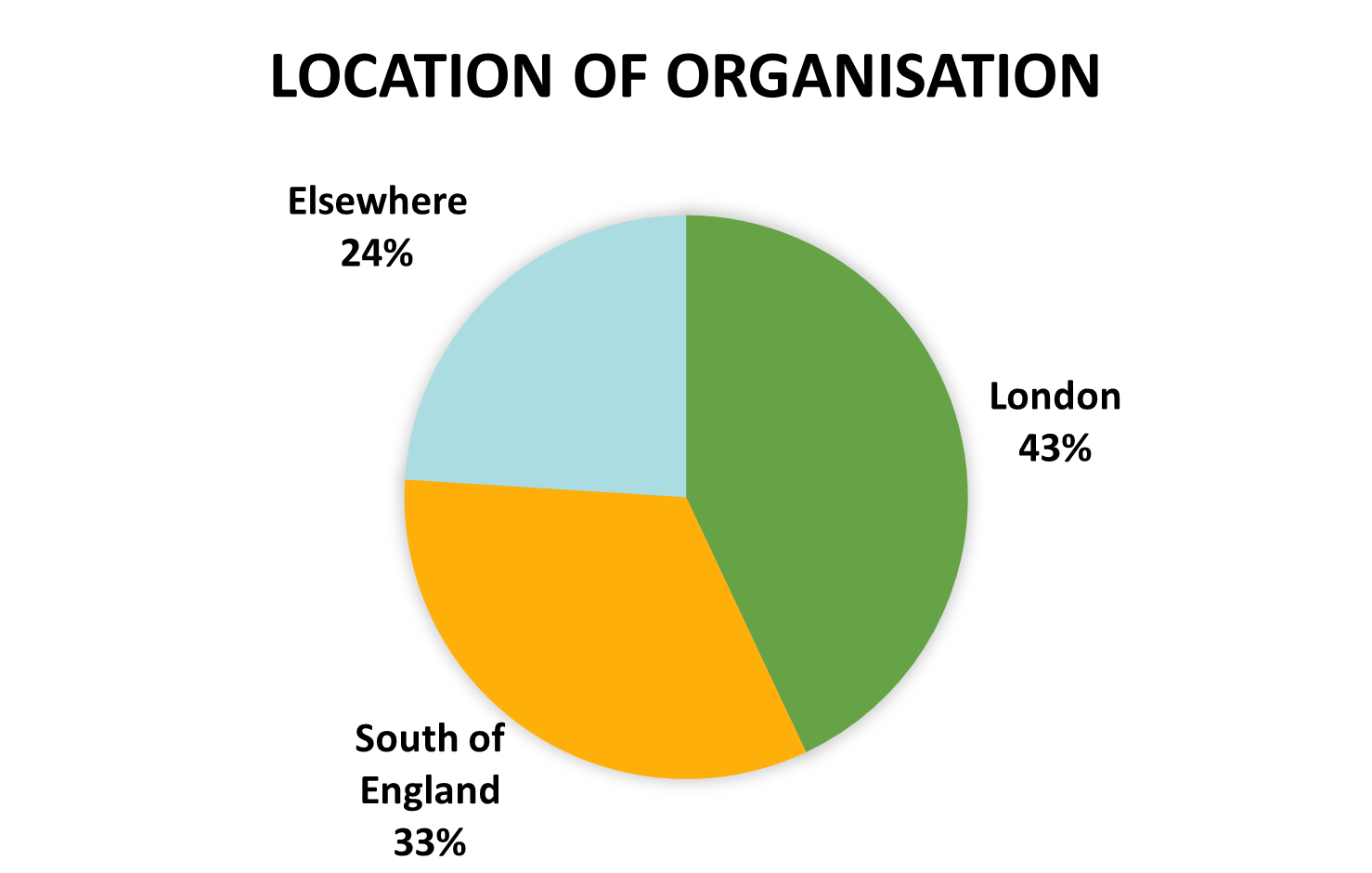An ecargo bike is an electrically assisted cycle that is designed to carry cargo and offers an eco-friendly alternative to petrol and diesel vehicles. For local organisations they can be both economically and environmentally more efficient. Depending on your needs and load, there are a variety of suitable ecargo bikes available, from smaller agile bikes to larger courier bikes.
Location notice
Please note that this page contains information and links most relevant for people living in England.
Ecargo bikes provide an efficient method of sustainable travel to organisations that need to transport goods from A to B. They help to reduce carbon emissions and are kinder to the environment because they have zero tailpipe emissions.
For local businesses making the switch to ecargo bikes, they’ll make travelling easier and quicker by avoiding congestion and cheaper by having fewer costs involved. They also contribute to a healthier and happier workforce.
What is an ecargo bike?
The eCargo Bike Grant Fund
The Department for Transport (DfT) funded the eCargo Bike Grant Fund and launched the scheme in 2019. Energy Saving Trust administered the fund, supporting organisations with the transition to more sustainable transport methods in England.
There are two parts to the grant scheme: the national scheme and the local authority scheme.
- The national scheme provided funding for private organisations to cover up to 40% of the total cost of an ecargo bike.
- The local authority scheme provided funding to cover up to 100% of the cost of ecargo bikes that they bought for their areas.
When the scheme launched, 109 organisations received funding to procure 409 ecargo bikes. The fund was extremely popular among small businesses and sole traders.
Due to its success, DfT opened additional eCargo Bike Grant funding in July 2021, supporting more businesses across England to make the switch to ecargo bikes. The scheme closed in October 2021.
Let’s look at how the national eCargo Bike Grant Fund performed and how organisations used it.
Evaluating the success of the national scheme
An evaluation of the scheme reviewed the successful organisations’ use of ecargo bikes, the potential carbon savings, and the overall success of the scheme to businesses.
The main reasons organisations applied to the scheme included:
- Using ecargo bikes for deliveries to customers (55%).
- Reducing the environmental impact of their business (36%).
- Travelling to work or to different locations for work (27%).
It was found that most (65%) of the organisations who received the national scheme fund were micro-sized — having less than 10 employees — and were based in London (43%), with an additional 33% based in the south of England. The three main sectors included transport and distribution, health and social care services, and catering.
Interestingly, 47% of applicants wouldn’t have been able to buy ecargo bikes without the grant, making the scheme an incredibly important step in supporting businesses with decarbonising their transport.
Success story: a more environmentally and cost-efficient electrician
One of these successful organisations was Cycling Sparks, a small electrician company working around south east London. The scheme made a big difference in operations, and the ecargo bikes made travelling to jobs with equipment more environmentally and cost efficient.
The outcome: reduced travel time, mileage and carbon emissions
Of the 41 respondents who shared their estimated mileage data, 88% reported that their ecargo bikes reduced Internal Combustion Engine (ICE) vehicle mileage.
Altogether, each ecargo bike was expected to displace 3,147 ICE miles per year.[1] The annual carbon saving was calculated as 862 kgCO2e per ecargo bike per year, of which 46% was attributable to the eCargo Bike Grant Fund. See table 1 for more information.

Success story: reduced delivery times and costs for takeaway business
An SME from London, Emmanuel Caribbean takeaway received the grant in 2021, purchasing two ecargo bikes and travelling approximately 40 to 70 miles per day. Using the ecargo bikes means the business has reduced costs and delivery times, making the bikes an overall positive purchase for both the business and the environment.
Scheme satisfaction
The eCargo Bike Grant Fund had a 98% satisfaction rating from surveyed applicants.
| Scheme year | No. of respondents [N] | No. of ecargo bikes | Annual ICE mileage displacement | Annual ICE mileage displaced per ecargo bike | Annual carbon savings | Annual carbon savings per ecargo bike |
|---|---|---|---|---|---|---|
| 2021/22 (expected usage) | 33 | 58 | 183,538 miles | 3,147 miles | 50,025 kgCO2e | 862 kgCO2e |
| 2019/20 (actual usage) | 23 | 32 | 35,873 miles | 1,560 miles | 9,021 kgCO2e | 392 kgCO2e |
Additional reading
eCargo Bike Grant Fund
To support green last mile deliveries, eCargo Bike Grant funding covers up to 20% of the total cost of an ecargo bike,…
Emmanuel Caribbean Takeaway
Delivering Caribbean and Jamaican food by ecargo bike.
The Cycling Sparks
Aaron Fleming-Saheed, an electrician from South East London, switched from using a van and public transport to a more sustainable option.